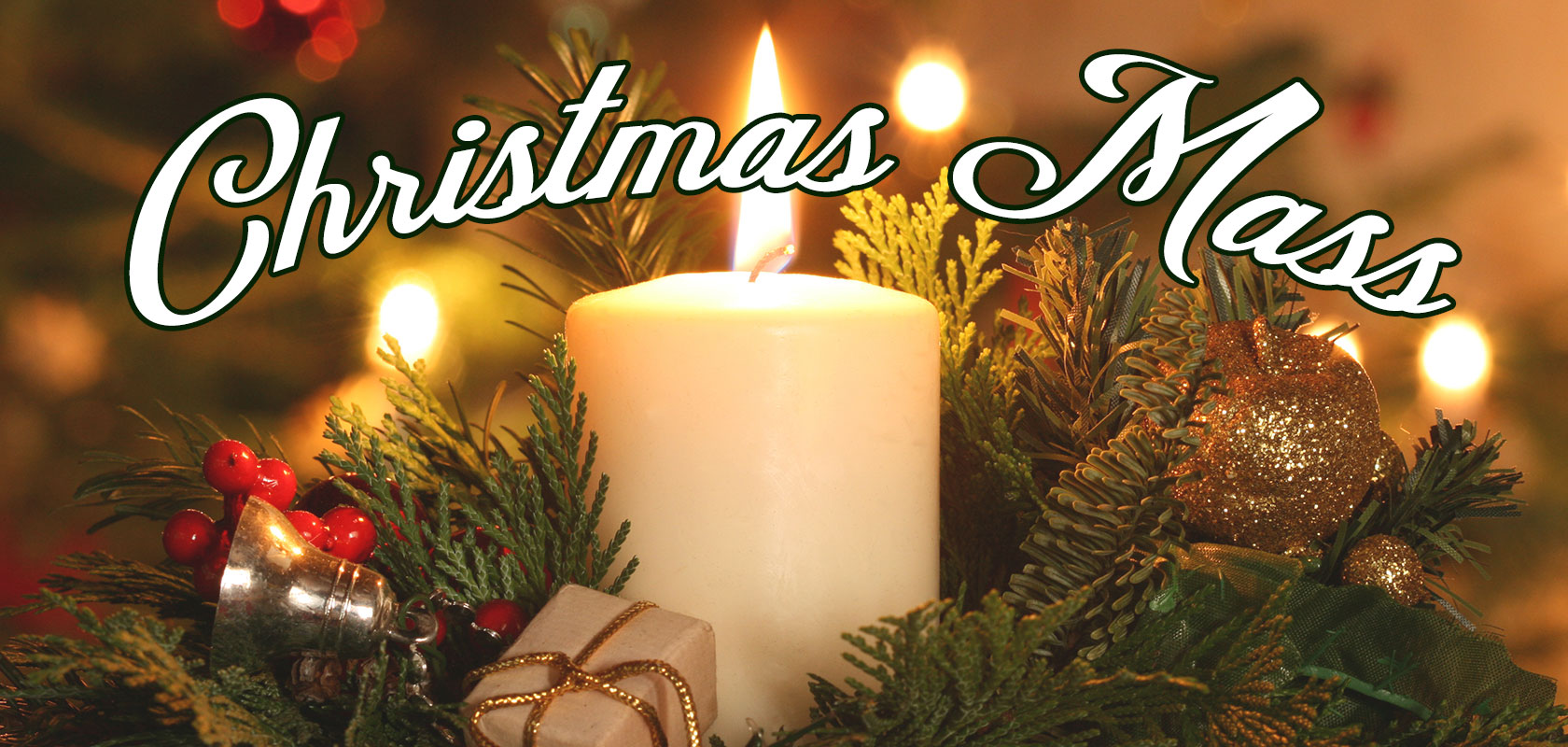Christmas, a celebration deeply entrenched in Christian traditions, invites a myriad of perspectives. Among these viewpoints, the Baha’i Faith offers a distinctive lens on the significance of such observances. While Baha’is possess their unique religious principles, participation in events like Christmas Eve Mass exemplifies a profound appreciation for the spiritual heritage shared by humanity. This article delineates the rationale behind a Baha’i attending Christmas Eve Mass, emphasizing the transformative potential of such experiences.
For Baha’is, the essence of spirituality transcends dogmatic boundaries. At the core of their teachings lies the principle of unity in diversity. A Baha’i’s journey to Christmas Eve Mass serves as a potent reminder of this ideal. Attending a Christmas celebration encourages an engagement with the diversity of religious practices that enrich the tapestry of human civilization. It invites a deeper understanding of how different faiths interpret and express the divine.
The celebration of Christmas revolves around themes of hope, love, and universal good will—tenets that resonate harmoniously with Baha’i principles. By participating in Mass, a Baha’i can gain insights into the ways in which these shared values manifest among various cultures. Observing the rituals, the heartfelt hymns, and the communal fervor during the Mass offers an unparalleled perspective on collective reverence for the divine.
Moreover, the act of attending Christmas Eve Mass can evoke a profound sense of nostalgia. For many, Christmas is a time that elicits memories of familial gatherings and childhood wonderment. A Baha’i’s participation in this cultural phenomenon can reinvigorate personal connections to their own spiritual roots, perhaps evoking an appreciation for the universal threads that bind humanity. The nostalgia experienced during such celebrations can serve as a bridge, linking the past with the present, and re-establishing one’s kinship with the broader human family.
Participation in Mass also affords an opportunity for interfaith dialogue. Engaging with a community of worshippers offers a platform for the exploration of theological nuances. Conversations amidst the attendees can illuminate diverse interpretations of sacred texts and shared values, enrichening both the Baha’i understanding of Christian beliefs and the Christians’ appreciation of Baha’i ideals. Such dialogues exemplify the Baha’i principle of the oneness of religion, where every faith possesses a unique yet interconnected contribution to humanity’s spiritual evolution.
Moreover, attending Mass can foster a richer comprehension of the Christian narrative. The story of Christ’s birth, often framed within the concepts of humility and selflessness, provides profound lessons regarding human conduct and morality. It reflects ideal attributes such as compassion and sacrifice—qualities that are inherently valued within the Baha’i Faith. Embracing these lessons fosters moral development and prompts introspection regarding one’s own actions, thus fostering spiritual growth.
In the context of advancing social harmony, Baha’is believe that understanding and accepting the spiritual teachings of various faiths can promote peace and cooperation. By actively participating in celebrations like Christmas, Baha’is exemplify commitment to this goal. Mass, viewed as a communal spiritual expression, holds the potential to unify individuals transcending differences. It serves as a reminder that, despite doctrinal disparities, the ultimate aspiration of all religious faiths is the uplifting of humanity.
The ritualistic elements of Christmas Eve Mass also bear significance. The lighting of candles, the singing of carols, and the reverence exhibited create an atmosphere conducive to reflection and inner tranquility. Such experiences can be transformative, facilitating moments of connection to the divine. Baha’is recognize the power of ritual as a tool for spiritual development; thus, engaging in the practices of another faith can beckon a deeper appreciation for the sacred interplay of light and darkness within the human experience.
Baha’is also recognize the importance of setting aside time for communal worship and celebration. In today’s fast-paced world, the holidays represent an opportune moment to pause, reflect, and engage with the broader community. The collective gathering during Mass embodies the spirit of togetherness that is essential for fostering emotional and spiritual well-being. It emphasizes the notion that, in an age of division, unity in communal worship can yield transformative effects.
The decision to attend Christmas Eve Mass can also be seen as an expression of solidarity with friends, family, and local communities. It signifies respect for the beliefs held dear by loved ones and an acknowledgment of their traditions. This act of compassion serves to strengthen communal ties, fostering an ethos of cooperation and understanding. It reflects the interconnected nature of humanity, reminding participants that each individual’s spiritual journey is worthy of recognition and respect.
In closing, a Baha’i’s decision to attend Christmas Eve Mass epitomizes a convergence of respect, curiosity, and the pursuit of spiritual enlightenment. It serves as a testament to the belief that the essence of faith transcends individual doctrines, promoting unity amidst diversity. Through shared experiences and celebrations, the Baha’i approach seeks not only to appreciate the rich festival of Christmas but also to cultivate an atmosphere of mutual respect and understanding that aligns with the overarching aim of fostering peace in a fragmented world. That is the beauty found in the intersection of faiths; in the act of coming together, humanity can breathe, reflect, and spark the hope of a more harmonious existence.
